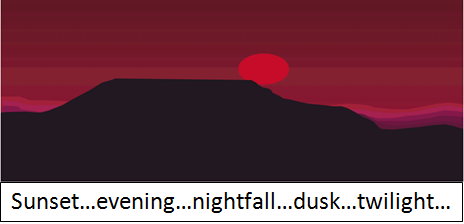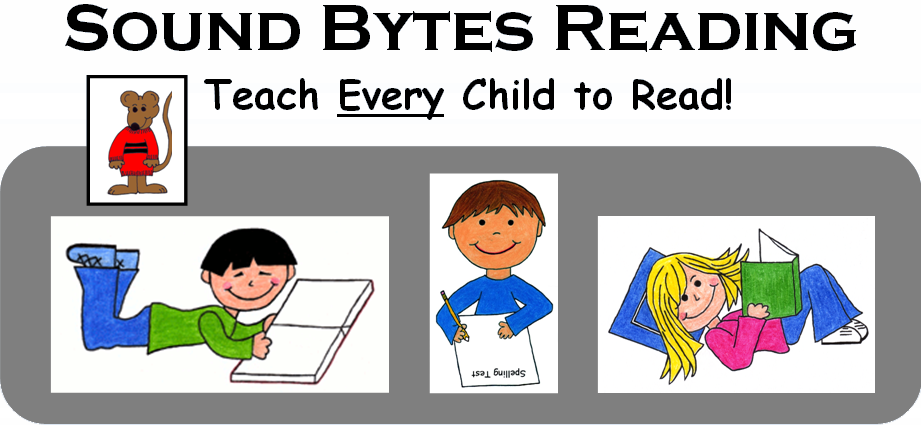Reading Aloud Can Help Develop Your Child’s Vocabulary

In the article, Vocabulary Instruction Failing U.S. Students, published on January 24 of this year, a Michigan State University study takes a look at kindergarten reading curricula and concludes that students are not learning enough vocabulary words and that not enough attention is paid to make sure students understand the meanings of words. You can read the article here: http://msutoday.msu.edu/news/2013/vocabulary-instruction-failing-us-students/
This is interesting because vocabulary acquisition really begins at home. Children first learn words from their parents or other caregivers. I have written about the importance of reading aloud to children because that is one of the best ways you can introduce children to new words. Children also learn vocabulary from listening to parents and other adults talk. They do not gain extensive vocabulary from watching TV or playing computer games.
Children should spend time doing things that will help them develop a broader vocabulary, encourage their creativity, and help them increase their focus and attention span so they will do well when formal instruction begins. Time spent talking and doing things with adults is well spent. Even very young children can use their expanded vocabulary to describe things. A 2-year-old that I know recently looked up at the sky and exclaimed to his dad, “Birds.” His dad asked him, “How do you know those are birds?” and he answered, “Wings.”
The study found that common words are what is more likely to be taught to students. Try to use alternate words to describe things. Once your child has learned a simple word like “little” to describe something, teach her words like “tiny,” “small,” “miniature,” and “minute.”
Why is vocabulary so important?
“Low vocabulary scores were associated with low reading comprehension scores…Wright said low-income children may start school with 10,000 fewer words than other students and are then exposed to reading programs that teach as few as two vocabulary words per week. She said more than 10 vocabulary words should be taught every week – not just in reading class but across all subject areas including math, science and social studies.” http://msutoday.msu.edu/news/2013/vocabulary-instruction-failing-us-students/
Parents, be proactive in helping your children learn new words. Don’t wait until your child is in school. Use lots of big, descriptive words when you talk to your children. Nonfiction picture books are great tools for developing vocabulary. Talk to your child about the pictures and use lots of different descriptive words so your child will learn lots of new words to name and describe things.
Having a large vocabulary also helps students when they begin to learn to read. The more words they have heard and understand, the more words they will recognize when they are learning to sound out words. Recognizing words quickly and knowing what they mean makes reading easier and more enjoyable.
